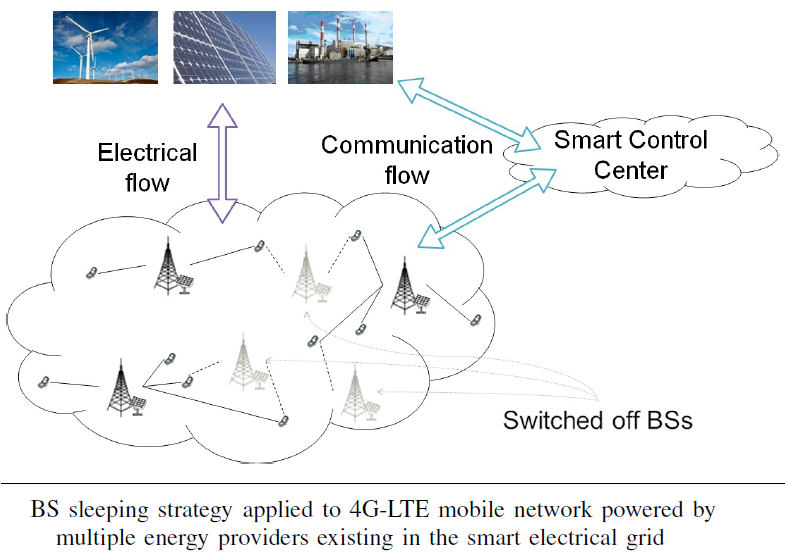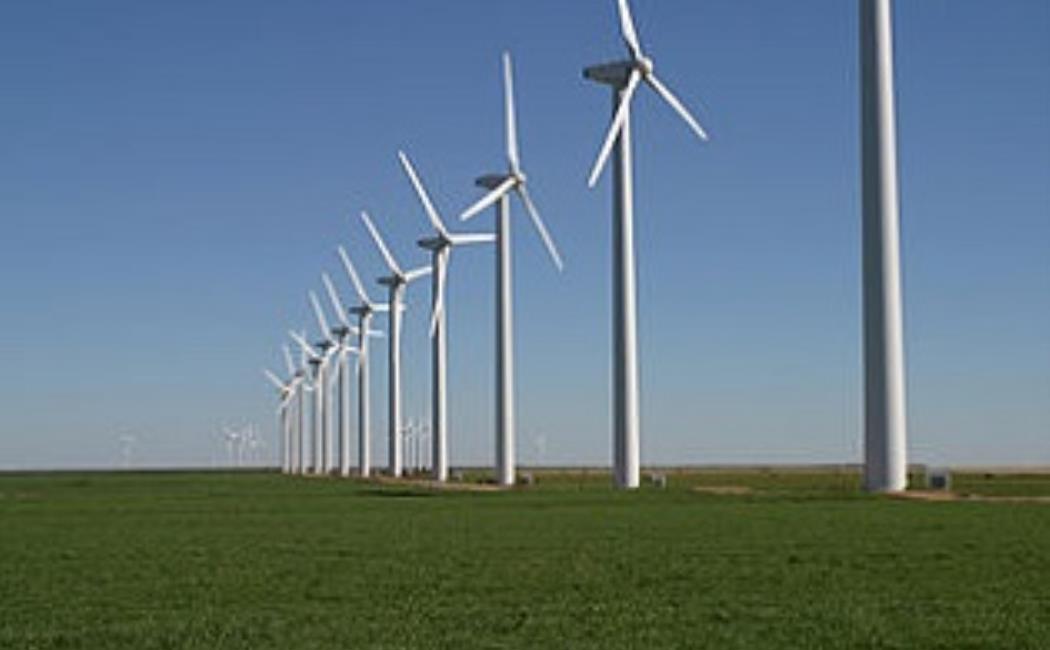Over the last decade, wireless and mobile communications have enjoyed widespread popularity and usage because of their access flexibility and ability for providing high data rate traffic with adequate decoding quality. Since 2006, data traffic on mobile networks has been increasing at a rate of approximately 300% and it is expected to grow even at much faster rate. This growth is expected to demand much higher energy consumption than today’s level. The current technical and environmental challenges are how to design future mobile radio networks to be more energy efficient and to accommodate the extra traffic while maintaining the quality of service. Specifically, the increase rate in transmitted data volume at the current predicted level corresponds to an increase of the associated energy consumption by approximately 20% per year. Currently, 3% of the world-wide energy production is consumed by the information and communication technology infrastructure, which causes about 2% of the world-wide CO2 emissions. In addition, future wireless radio systems face another challenge to globally reduce the electromagnetic radiation levels to permit satisfactory operation of time and spectrum shared wireless systems with reduced interference as well as a reduced human exposure to harmful radiations.
The Challenge: Lowering energy consumption of future wireless radio systems is currently demanding greater attention within the body of wireless systems industry (GreenTouch: Increasing ICT energy efficiency by a factor of 1,000: http://www.greentouch.org/). To tackle this challenge, our research thrust consists of:
- Development and Performance Analysis of New Wireless Channel Estimation Techniques. Accurately and efficiently estimate the wireless channel characteristics. This may involve high dimensional problems and models are needed to quantify channel uncertainty/imperfection
- Transceiver Design Optimization under Uncertainty. Adapt and optimize the transceiver parameters with wireless channel conditions.
- Technology transfer.

Thrust Leader: Mohamed Slim Alouini

